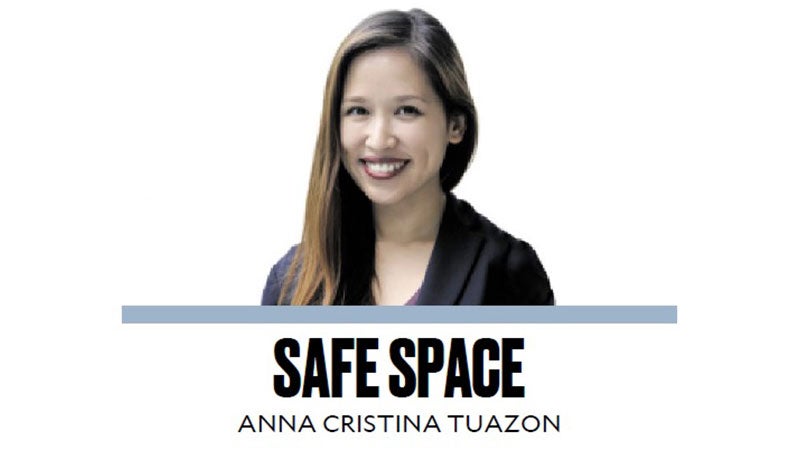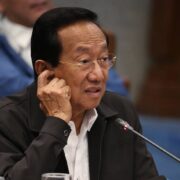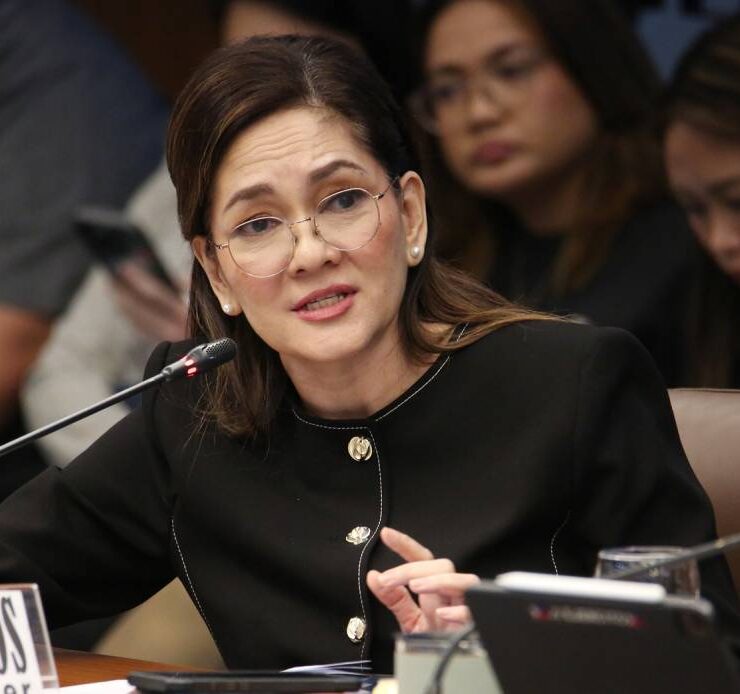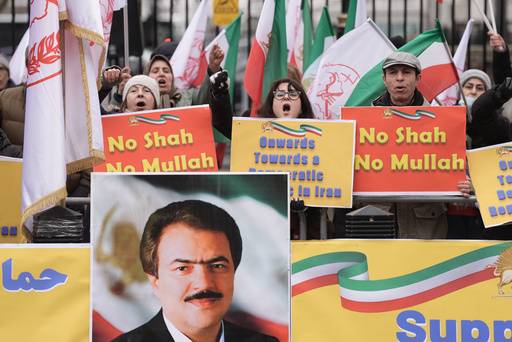How open secrets promote corruption

It seems that every day, new information about the government’s flood control projects is pouring in. Making good on his word, President Marcos disclosed the top 15 contractors who bagged 20 percent of flood control projects, cornering P100 billion of taxpayer money. He also noted the discrepancy between regions that received the most projects and those that are the most prone to floods. He fell short of naming names, saying that it requires further investigation. Mayor Vico Sotto of Pasig City took this initiative and shared that the top two and three companies listed belong to the Discaya family, who challenged him for the mayoralty in the last election. Aside from corruption that led them to grab most of the big-ticket projects, he also claimed that the companies failed to file proper business taxes and deprived the city of its due tax revenue. The mayor promised to pursue charges and relay all the information they gather to the central government to stamp out this culture of “SOPs” or “standard operating procedure,” slang for the standard kickbacks that government officials receive from contractors in exchange for being awarded juicy contracts.
Mayor Vico’s courage in naming the individuals behind these corrupt practices, knowing he will earn the ire of well-established political dynasties and corporations who have long benefited from such a protocol of kickbacks, is laudable. It is also sad that he is not the norm, but the exception. His consistent stance as an independent political figure, as well as his intention not to run for any political office in the next election, allows him to call out corruption since he is not beholden to anyone or reliant on anyone’s endorsement or political support. As much as I understand why people wish him to run for higher office, I am glad that his current stance allows him to do the most with the power that he’s been given without having to consider the game of political chess that happens when one needs the kind of machinery required by national candidates.
Why Mayor Vico’s post about the six stages of corruption went viral isn’t because he’s necessarily telling us something we don’t already know. His actions are remarkable because he refused to be silent and was willing to speak up.
Go to any locality, be it a barangay or a bayan, and any regular citizen will openly tell you which candidate gave them money in the elections (in some cases, which candidate paid more). They’ll willingly point out to you all the properties and businesses that the mayor and governor own. They’ll even tell you where they house their mistresses. Go to the city and talk to any contractor or real estate developer. They’ll tell you who asked for the most kickbacks and who insisted on getting a condo unit for every tower they built.
Corruption is an open secret in the Philippines. Corruption doesn’t survive simply because it happens behind closed doors. It thrives when it becomes an unwritten norm. When the public has come to accept that corruption is a way of life, merely exposing corrupt practices is not enough. This is why we see supporters of political dynasties refuse to budge in their allegiance despite disclosures of wrongdoing—chances are, they already know, and they don’t care.
Corruption also loves collaborators. The bigger the corruption, the more players are involved, and the less likely they will face consequences because a pact of mutually assured destruction has taken place.
Why would a colleague expose your wrongdoing if they were complicit and benefited from it? Why would a government official facilitate investigations that might unwittingly uncover them too? The problem with complicity is that it doesn’t take much to enter its territory. Simply knowing about a kickback but not doing anything about it means you’re already complicit. Knowing about potential conflicts of interest, such as when handing out government contracts to relatives or persons linked to government officials, and not flagging or reporting it, you’re already complicit. When a whole town knows what the mayor is doing, they do nothing and even reelect him. They’re complicit, too. When a whole town is complicit, who dares speak up? Anyone who does will be accused of not having delicadeza or utang na loob. Or worse, an outsider who had no business meddling in their status quo.
Our laws do not reward speaking up. Our libel laws punish us with prison time even when what we post is true. It is not a surprise that this lawsuit is a favored weapon of the powerful.
“If one cannot say anything nice, do not say anything at all.” This is something the elders used to say. But this virtue favors the wicked. It is easier for corruption to take hold when the community is nice and obedient, with a tendency to defer to authority. Corruption gets free rein when no one is willing to rock the boat and no one is willing to offend. As in the line from ”Into The Woods,” “you’re not good, you’re not bad, you’re just nice.”
—————-
aatuazon@up.edu.ph





















